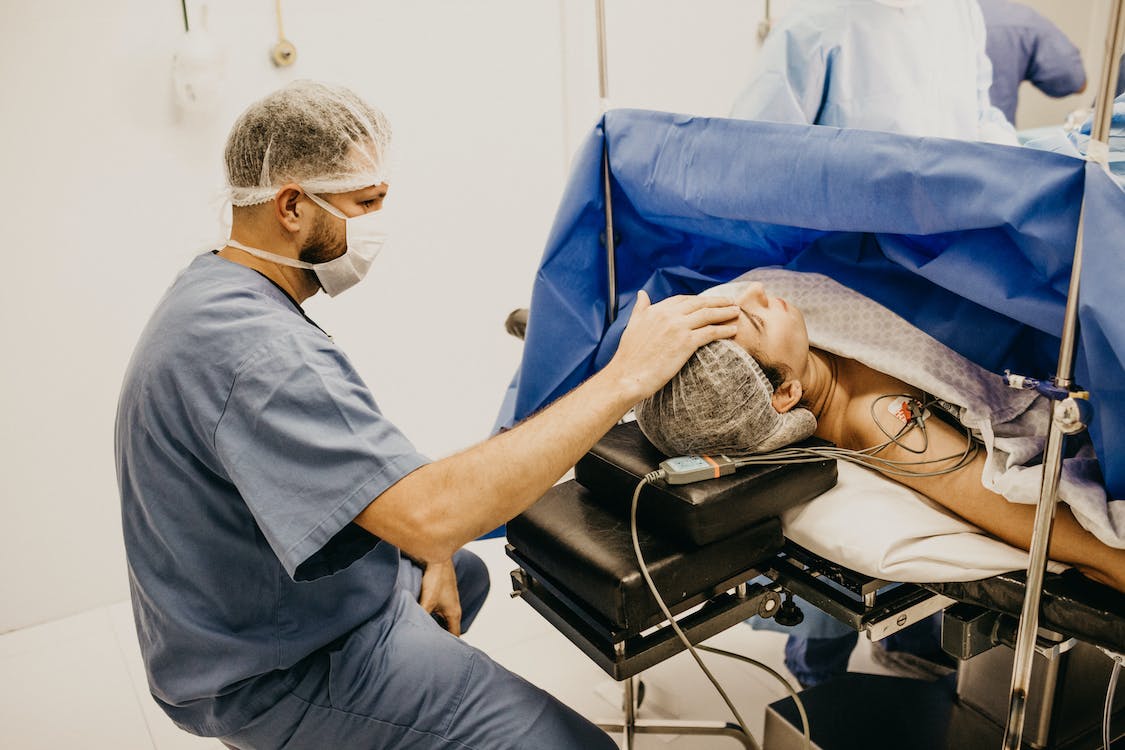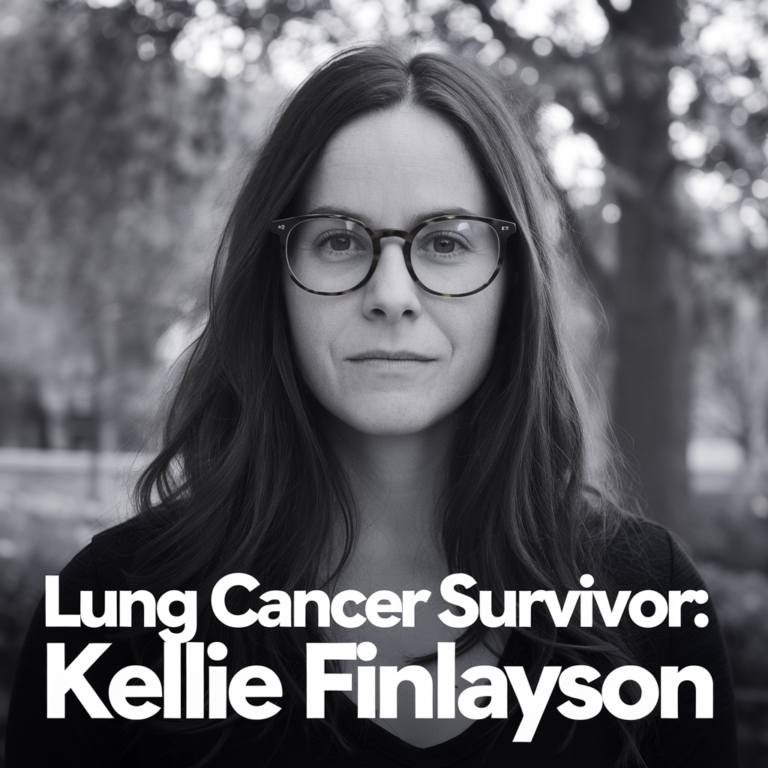Exploring The Key Role Of the Cancer Center Of Hawaii

In healthcare, a couple of battles are emotionally charged and arduous, like the fight against cancer. Among the challenges of this formidable disease, the cancer center in Hawaii has emerged as the beacon of innovation, hope, and compassion. These specialized facilities represent the most vital pillar in the fight against cancer, offering an extensive range of services, from cutting-edge treatments to a holistic support system for patients and their families.

The cancer treatment centers often stand as the strong allies that empower patients to shape the landscape of modern oncology with their multidisciplinary approach, unwavering dedication, and state-of-the-art technology.
Our post today will explore the profound importance of these cancer treatment centers by throwing some light on the role played by them in transforming millions of lives.
Comprehensive Care and Multidisciplinary Approach
The cancer treatment centers are specifically designed to offer the most comprehensive care integrating numerous expertise and specialties under one roof. Surgical oncologists, medical oncologists, nurses, radiation oncologists, and numerous other healthcare professionals collaborate to create tailored treatment plans for every patient.
This multidisciplinary approach ensures that the patients get the most personalized and effective care whenever possible, addressing the emotional and physical aspects of their cancer journey.
Cutting-edge Treatment Options
One of the main benefits of the cancer treatment centers is their access to the state-of-the-art treatment options. These centers often house advanced technologies and equipment, allowing the delivery of innovative therapy like Lung Cancer Immunotherapy, targeted therapies, and precision medicine.
Furthermore, clinical trials are frequently conducted at these facilities, offering the patients better opportunities for accessing promising new treatments and contributing to scientific advancements in cancer research.
Supportive Care and Survivorship Programs
The cancer treatment centers prioritize the well-being of the patients throughout the entire cancer journey. They offer many supportive care services, including psychological counseling, nutrition guidance, pain management, and complementary therapies like massage and acupuncture.
Furthermore, the survivorship programs can help patients transition from active treatment to post-treatment life, offering better support, education, and resources to promote their long-term well-being and quality of life.
Research and Innovation
Cancer center in Hawaii are always at the forefront of research and innovation in the oncology platform. They are actively engaging in clinical trials and research studies to enhance their existing treatments and explore new avenues for cancer care.
The patients have better opportunities to get cutting-edge therapies before they become widely available just by participating in these trials. The collaboration between physicians, researchers, and patients would often foster this dynamic environment accelerating the progress in cancer treatment and fostering hope for future breakthroughs.
Patient-Centered Approach
These treatment centers emphasize the patient’s preferences and needs by recognizing that every journey of an individual is unique as they foster the patient-centered approach where the patient’s voice is heard. Their preferences are considered while developing these treatment plans. The center even aims for clear communication and education to empower the patients and their families to make informed decisions throughout this treatment process.
Survivorship and Rehabilitation Services
The treatment centers identify that the journey does not end after the successful treatment. They offer survivorship programs and rehabilitation services to address the highly distinctive requirements of cancer survivors. These programs aim to manage the long-term side effects, promote healthier lifestyle choices, and offer emotional support to aid the survivors in adjusting to life after cancer.
Palliative and Hospice Care
Cancer treatment centers often have specialized teams dedicated to palliative and hospice care. Palliative care mainly aims to enhance the quality of life for patients with advanced cancer, offering symptom management, emotional support, and pain relief.
Alternatively, hospice care offers compassionate end-of-life care for patients no longer seeking curative treatment. These services ensure that the patients and their families receive comprehensive care.
Genetic Counseling and Testing
Numerous can cancer treatment centers are offering genetic counseling and testing services. These services can aid patients in identifying their risk of hereditary cancers and guide them to make informed decisions about treatment options and preventative measures. The genetic counselors work closely with their patients and their families, offering education, support, and personalized recommendations based on their genetic test results.
Community Outreach and Education
These centers often engage in community outreach initiatives to raise awareness about cancer prevention, available resources, and early detection. They are conducting educational programs, screenings, and workshops to empower people to take charge of their health and encourage regular checkups. Active participation in the community can help the centers reduce their cancer burden by promoting early intervention and prevention.
Conclusion
The cancer center of Hawaii stands as the pillar of strength, offering extensive care, unwavering support to the patients, and cutting-edge treatments to fight cancer. These centers bring together multidisciplinary expertise, compassionate care, and advanced technology, ensuring the ideal outcomes for the patients.
With the continued innovation and research for propelling the field of oncology forward, cancer treatment centers stay instrumental in shaping the future of cancer care. The collective efforts can help cancer treatment centers get hope and restore lives while bringing them closer to a world free from this disease.






